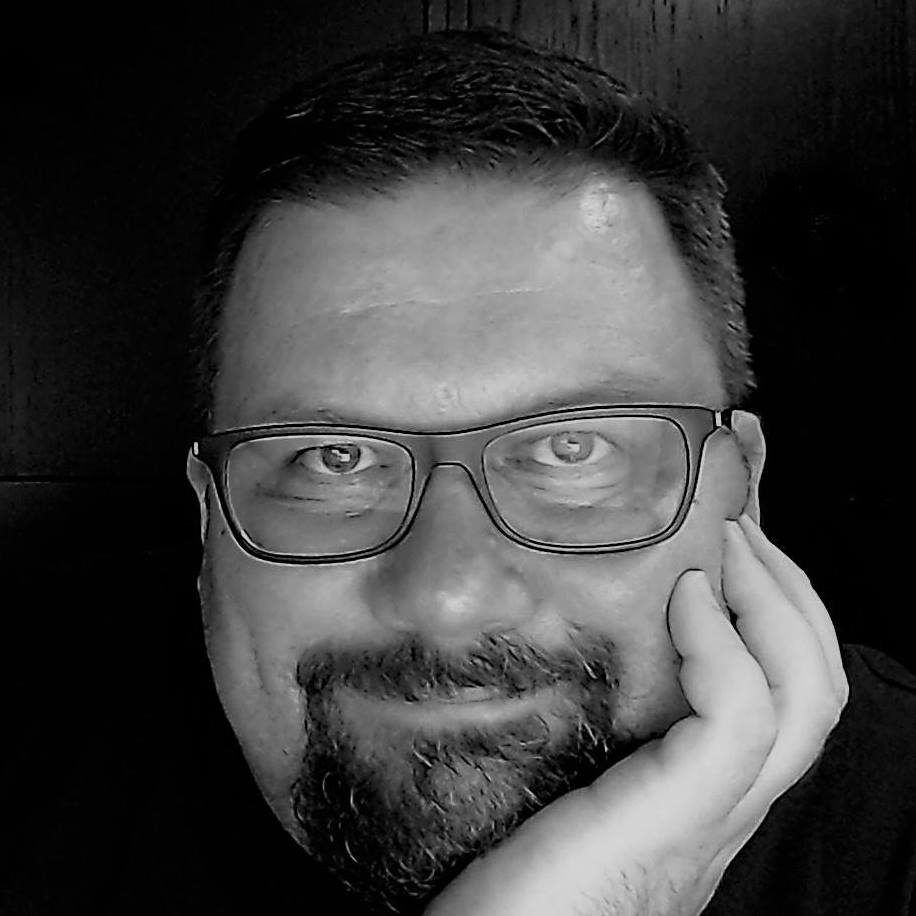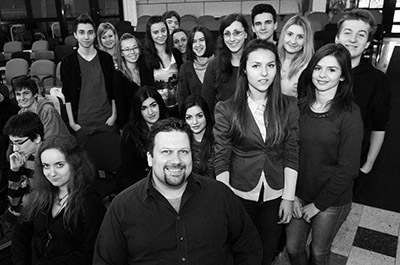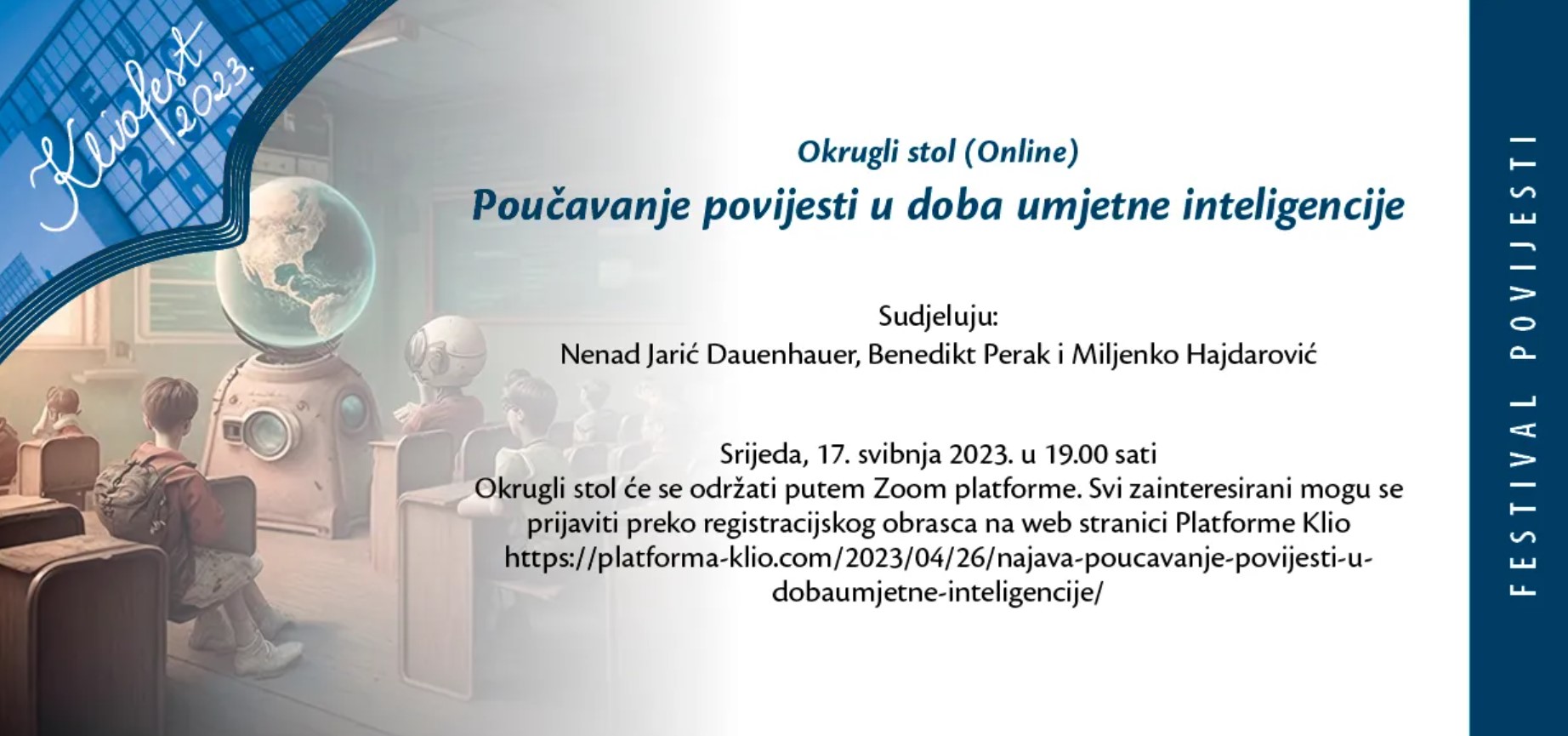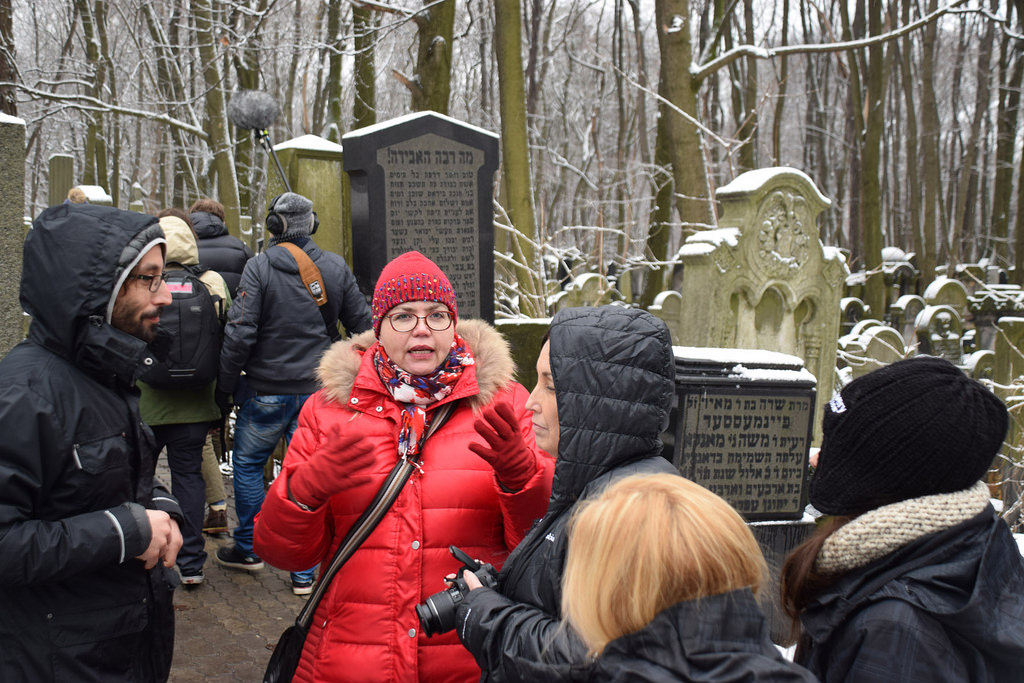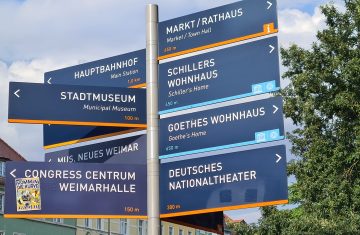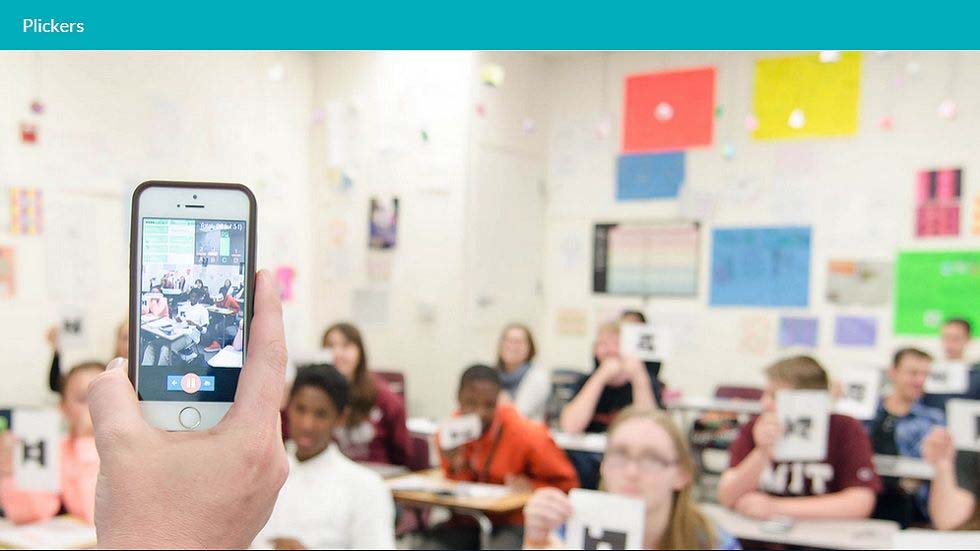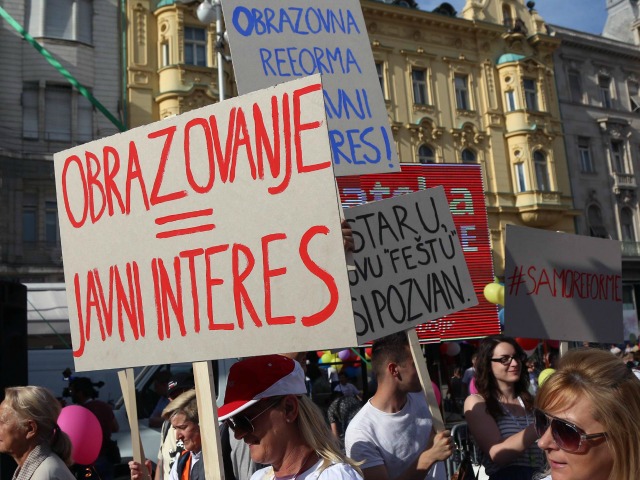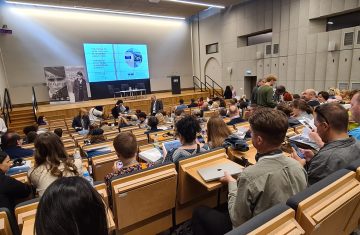Miljenko Hajdarovic says that with every new book he reads, testimony he watches or historical site he visits, he finds it harder and harder to comprehend the magnitude of the Holocaust. But he hopes that his upcoming trip to Poland on the Auschwitz: The Past is Present professional development program will help him connect all the dots.
Hajdarovic teaches history, sociology, politics and civics at Cakovec High School in northern Croatia. He is one of 25 educators chosen to attend the Auschwitz: The Past is Present professional development program led by USC Shoah Foundation and Discovery Education to commemorate the 70th anniversary of the liberation of Auschwitz. The educators from 11 different countries representing four continents will attend a four-day workshop designed to deepen their understanding of the historical landscape of Poland before, during and after the Holocaust and increase participant knowledge of authentic sites including Auschwitz-Birkenau.
He has a master’s in history and sociology education and grew up learning about World War II, but Hajdarovic said it wasn’t until he was 20 years old that he first learned about the Holocaust, from a book on Sonderkommandos he found in the library of the Goethe Institute in Zagreb.
When he teaches the Holocaust to his students, he emphasizes what the world lost because of the destruction of the European Jewish culture and its potential accomplishments. Hajdarovic said his students are usually very interested in World War II but know little about it. They are “stunned” to hear the stories of people who perished or survived.
“Then we try to connect with today and speak how we can react if some similar situations happened,” Hajdarovic said.
He said that when he thinks about attending the commemoration and meeting survivors on the Past is Present program, his “heart starts to shiver. He isn’t sure exactly what his reaction might be to everything he sees and does on the trip, but said that his emotional response is very important in his teaching. When he shares his own emotions with his students, the lesson has a bigger impact on them, he said.
“Holocaust is an example of how different steps of isolation, racism and hate can evolve and lead to extreme. And that’s the key point for my students after learning about the Holocaust they can recognize and act when similar events occur in present time, Hajdarovic said.
“The best way to learn about the events is to listen and see the persons that survived the event.”
